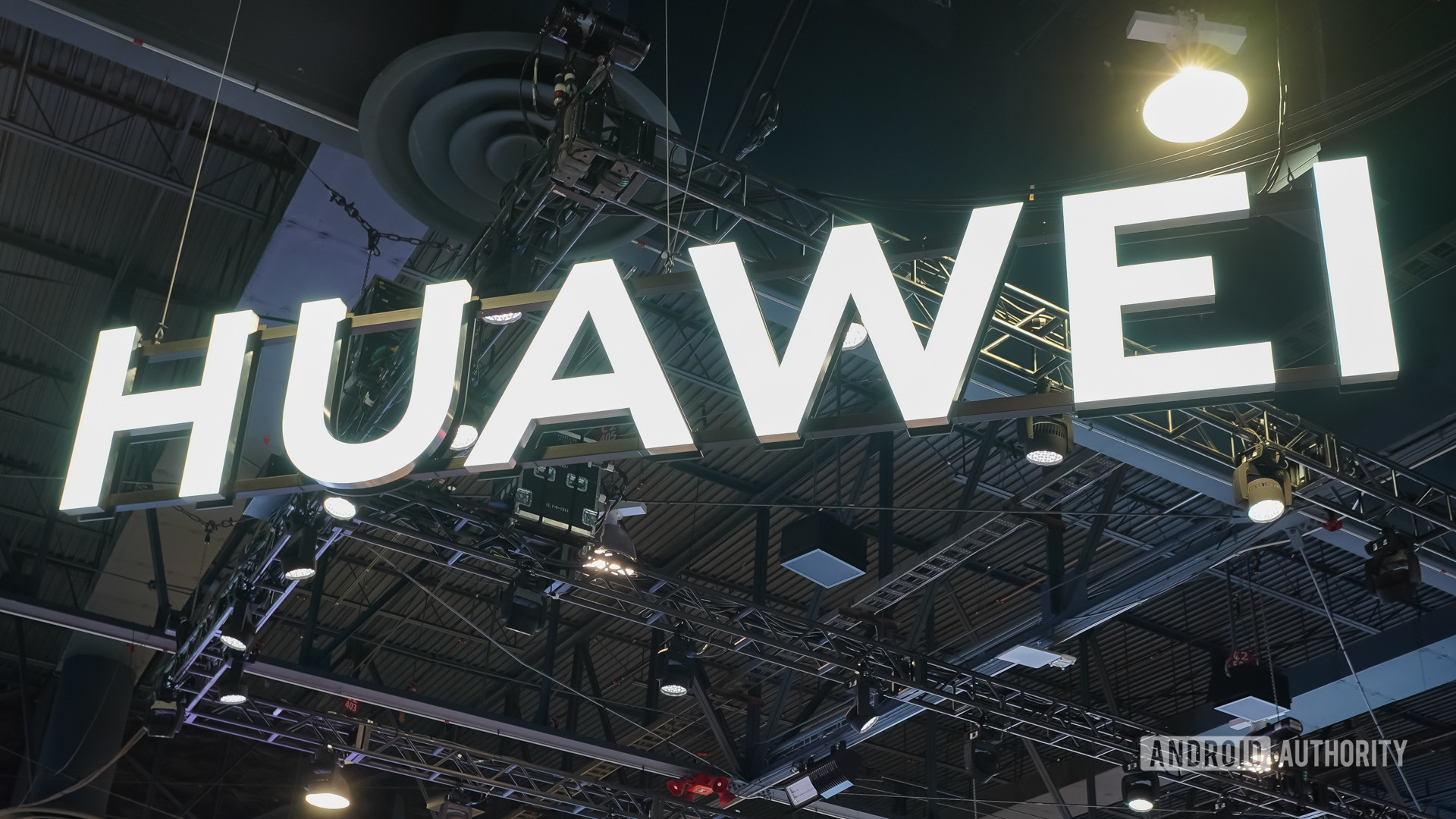Report: US officials agree to restrict Huawei’s access to its own mobile chips

Update, March 27, 2020 (2:09AM ET): The US government reportedly considered a new measure against Huawei last month, focusing on its ability to gain new smartphone chipsets.
Now, it looks like the move could be going ahead, as Reuters reports that senior US officials have agreed to implement the measure. The move means foreign firms using US chipmaking technology will need to apply for a license to supply processors to Huawei.
A source told the outlet that the move was meant to curb sales of smartphone chipsets from TSMC to Huawei. TSMC currently produces the manufacturer’s smartphone processors, including the flagship Kirin 990 chip seen in the Huawei Mate 30 series and P40 family.
Read: All the new Huawei P40 camera technology explained
It’s one thing for US officials to agree to implement the restriction, but Reuters‘ sources say it’s unclear whether US President Donald Trump will sign off on it. In fact, Trump seemingly came out against the measure last month.
“Things have been put on my desk that have nothing to do with national security, including chipmakers,” Trump was quoted as saying by Reuters last month in response to the proposal.
We can’t say we disagree, as we’re struggling to understand why chips for Huawei smartphones (which aren’t sold in the US to begin with) could be a national security threat.
Original article, February 18 2020 (4:47AM ET): The US has already taken away Google services from new Huawei phones by implementing a trade ban against the company. This ensured Huawei couldn’t launch devices like the Mate 30 series in as many markets as it would have liked.
Huawei still pressed on and managed to have a good 2019 in terms of sales. However, It looks like the US is not done inflicting sanctions on the Chinese firm.
According to Reuters, the Trump administration is mulling a regulation change that would restrict Huawei’s access to smartphone chipsets. The proposal aims to sever the company’s business relationship with chipmakers like Taiwan’s TSMC, one of Huawei’s main chip suppliers.
How can the US cut off chip supplies?
The proposal would allow the government to force firms using US chip-making equipment to get a US license before they can supply Huawei. This means Washington can dictate licensing terms for the technology or completely block the issuing of licenses.
Reuters reports that the new restriction is among several other options that the US government is exploring. These will be reportedly discussed at high-level meetings this week and the next.
The chipset proposal has been drafted already, a source told Reuters. However, there’s no certainty about its approval just yet.
“What they’re trying to do is make sure that no chips go to Huawei that they can possibly control,” a second source said.
The US Commerce Department declined to comment on the development. Reuters was also unable to get an official response from Huawei or TSMC.
Although, an unnamed Commerce spokesperson said that the recent US charges against Huawei “reaffirm the need for caution in considering license applications.” The spokesperson added that the US still has “major concerns about Huawei.”
Possible repercussions
Losing access to chipsets or even a disruption in their supply chain could lend a big blow to Huawei. Possibly even bigger than the loss of Google services on its phones. Why? Because most chipset foundries use US-made equipment.
“There is no production line in China that uses only equipment made in China, so it is very difficult to make any chipsets without US equipment,” noted a report from China’s Everbright Securities.
Keeping this in mind, the possible impact of such a move could actually crush Huawei’s smartphone business. Right now, it’s unclear what exact terms the US can dictate on chipset manufacturers if the regulation is adopted, but we sincerely hope it doesn’t come to that.
More posts about Huawei
from Android Authority https://ift.tt/2HAzSrS







Post a Comment